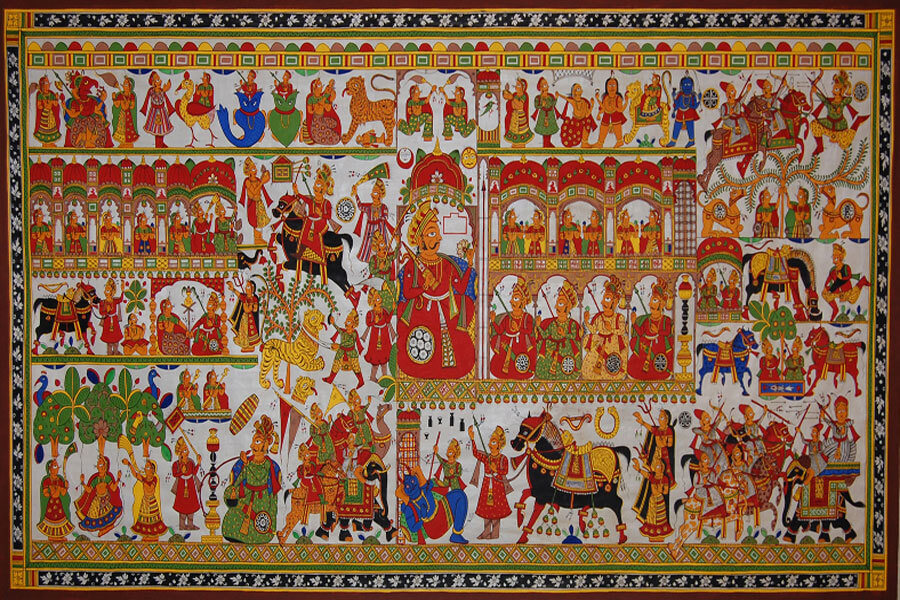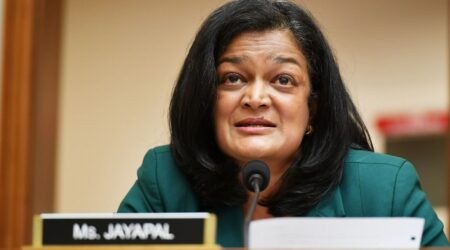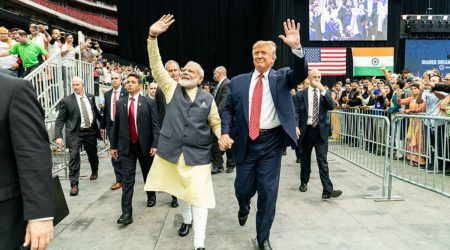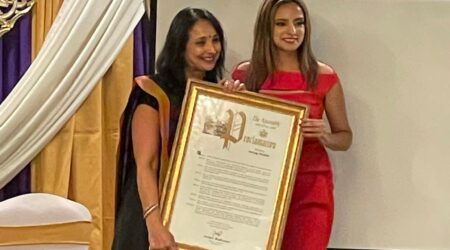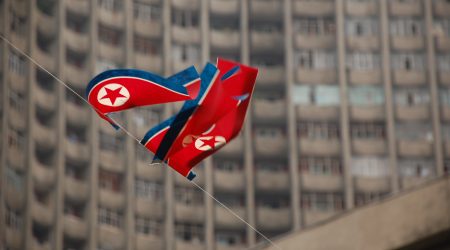Watching elders handle difficult situations and harness emotions is the education of the heart that is not possible in classroom-based learning in westernized schools
By Bhaswati Bhattacharya
MPH MD (Family Medicine) PhD (Ayurveda ‑ BHU)
Many Bhartiya families are rooted in the mastery of uninterrupted ancient traditions directly handed over through thousands of years, with the unspeakable advantage of learning from one’s parents, who have no hidden agendas and purely want the best for their loved ones.
This transparency is the greatest proof of authenticity. Such families invested time and energy to teach basic priceless values, recipes, and principles to their children at a young age when things become part of life. This includes language, daily routine and food that link to a child’s immune system, and hunger for proper exercise and play. Coordination, technical skills, and facility with animals can be learned easily in childhood and becomes difficult at a later age.
The power of storytelling is part of this tradition. Philosophy is taught through epic adventures in the Mahabharata and the Ramayana, alongside local stories of deities, so that the emotions that relationships elicit can be deciphered and processed by young adults, quelling emotions that rise and teaching how to master the enemies of the mind.
A traditional Bhartiya family will discuss that deities are not icons to be worshiped but are powers within us symbolized by the deities’ facets. The millions of facets in the diamond of our being are like thousands of deities that postulate stories and mythology now devolved as Hinduism. The endless nature of our being is ‘sanatana’, and how to live according to those values is ‘sanatana dharma’, a way of life and not a “religion.”
Watching elders handle difficult situations and harness emotions is the education of the heart that is not possible in classroom-based learning in westernized schools. Without trusted mentors, the heart does not open. Relationships that bring up emotions that are not processed create wounds and obstacles. Praising education that is objective denies the powerful role of feelings and emotions in learning any fact, science, or skill.
Respect for self is nurtured in these families by encouraging younger members to learn new skills and find excellence in something that inspires the heart. Competence in small skills grows confidence and self-awareness in children. Acknowledgment for tasks well-done without fake praise develops a young mind’s strength to try new skills. Failure in an open-hearted environment allows them to ask questions and understand deeper issues.
Artificial material rewards are transitory, whereas authentic emotional investment and willingness to teach and reteach are much more valuable for children. Being out in the world together, at the market, on the fields, in the playground, temple or visiting homes of the needy teach children how to interact with the larger world and very different groups of people.
The 64 ‘kalaas’ and the 15 ‘vidyas’ are known in the traditional Bhartiya families. In them are embedded skills of fine motor coordination, graceful movement, and navigating the physical forces and elements of the world.
In any traditional Bhartiya family, periods of time devoted to gatherings in which a discussion will arise are known as ad-da. Led by a topic expert and fuelled with questions, members of an ad-da group take the topic forward, encouraging others to listen and participate. Ad-da is highly educational while being informal. The benefits of ad-da include a sense of belongingness, becoming a witness to history known in the family, access to unwritten cultural knowledge, and development of curiosity.
The wisdom of hygiene and subtle energy through practices of ‘ucchisttha’ aka ‘joottha’ or ‘ettho’ are passed through traditional families and inferred in the ayurvedic teachings of ‘janapadaa-ud-dhwansa’, how to survive epidemics.
These basic training of living develop qualities of soft power — focus, exploration, aptitudes and skills, interest in others, civic sense and service, play and contagious joy, activities of rest, and rejuvenation for self-care in a person. Soft power attracts others and enables an individual to integrate into many environments comfortably. These are explored and mastered in families that strive to provide education of the heart, knowing that it is the true education that humans strive to master.

Bhaswati Bhattacharya
MPH MD (Family Medicine) PhD (Ayurveda ‑ BHU)


